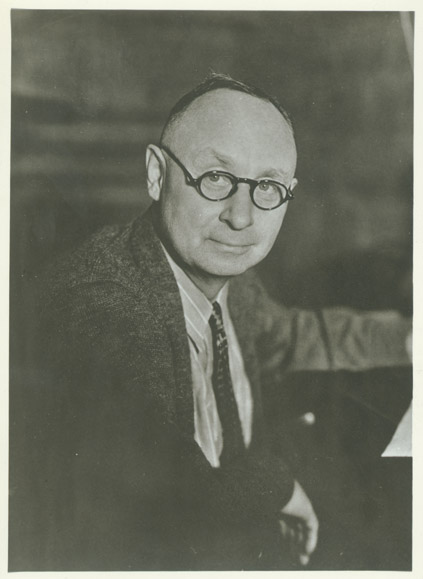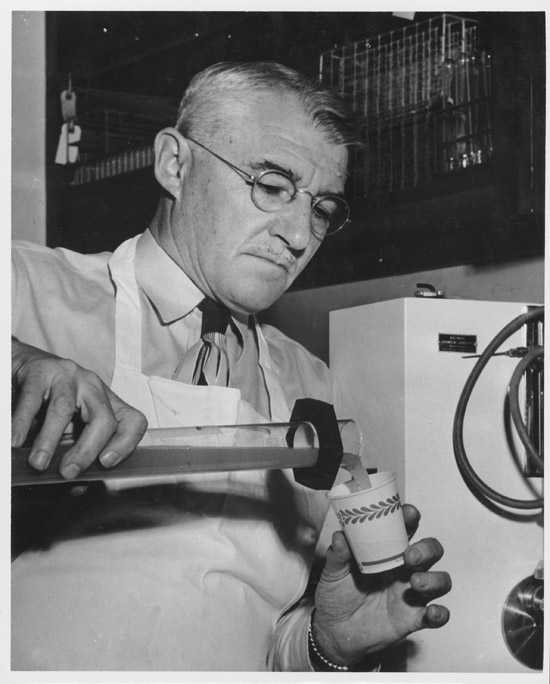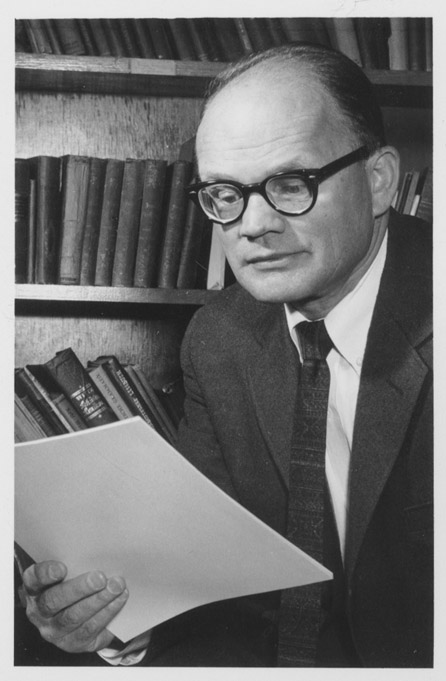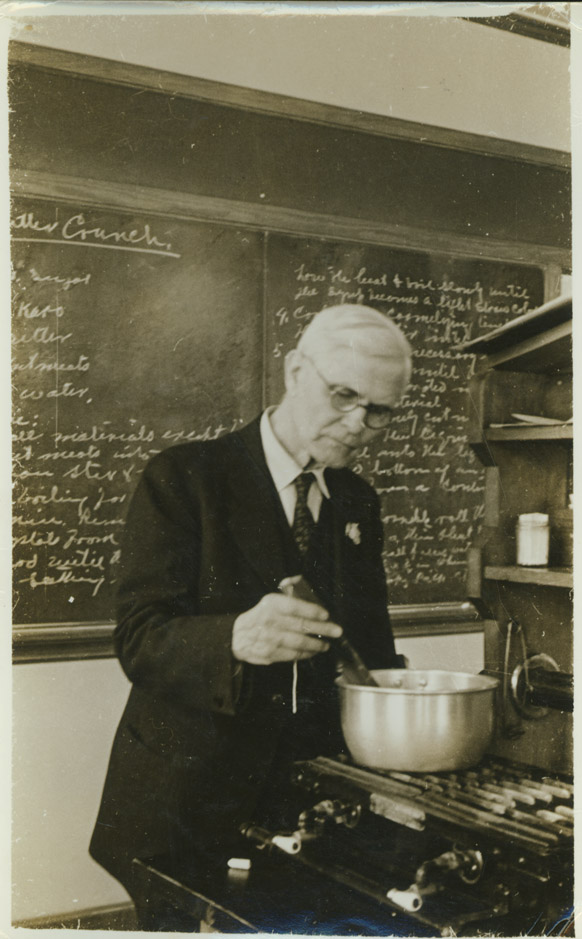Henry James Franklin Papers

H.J. Franklin was an expert cranberry grower and a trained entomologist, whose research centered on the bumble bee. Franklin would wed these two interests in his career at the University, where he studied the cranberry pollination habits of the bumble bee and oversaw the cultivation of cranberries at the University’s Cranberry Experiment Station at Wareham, which Franklin founded and directed from 1909 until he retired in 1953. Born in Guildford, Vermont in 1883, Franklin moved to Bernardston, Mass. when he was eleven, eventually attending the University of Massachusetts, where he earned his B.S in 1903, and Ph.D in 1912. Franklin spent his career and life with cranberries, owning and managing his own bogs in three eastern Massachusetts counties and working with cranberry producers to develop the industry. Franklin died in 1958 in Wareham, Mass.
The H.J. Franklin Papers document his research on the bumble bee as well as his work with cranberry producers. In the collection are reports from the cranberry grower’s association, published articles by Franklin on cranberries and the Bombidae, and reports from the State Agricultural Board on cranberry production.




